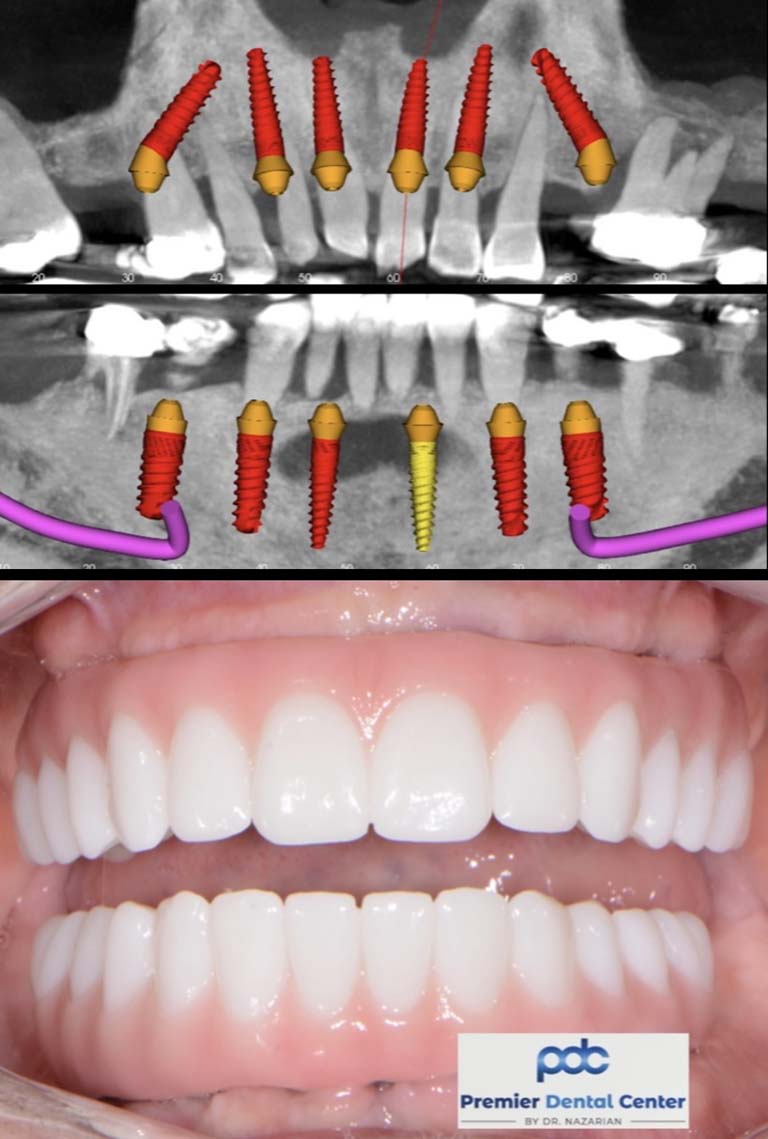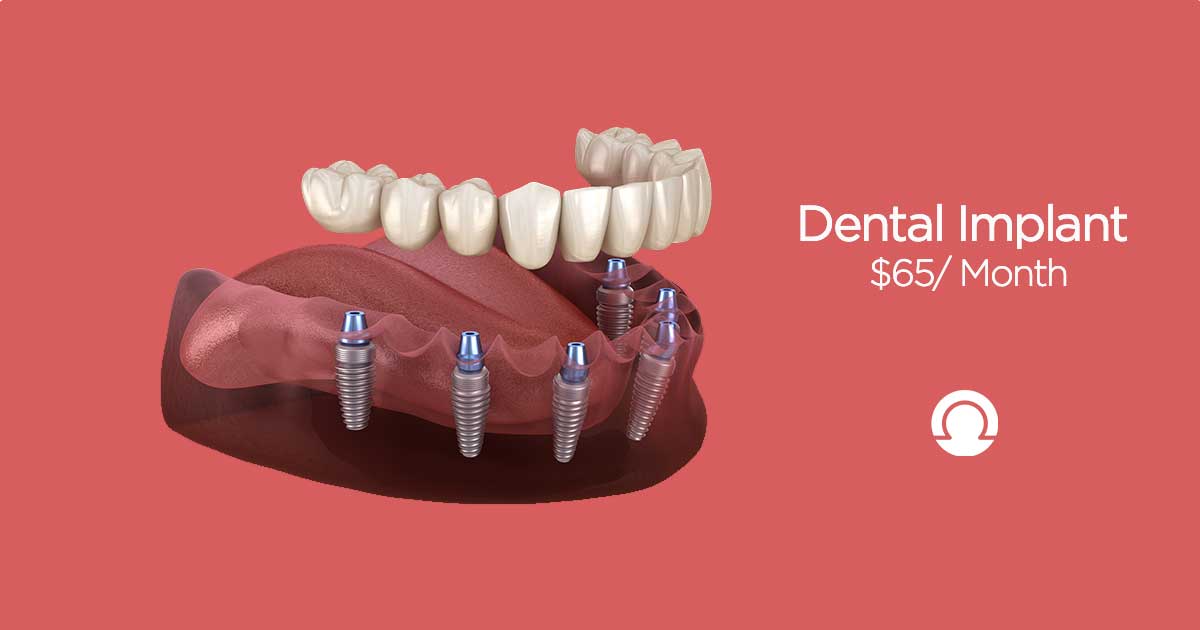Facts About Dental Sense Revealed
Facts About Dental Sense Revealed
Blog Article
7 Easy Facts About Dental Sense Shown
Table of ContentsWhat Does Dental Sense Do?Not known Facts About Dental SenseThe Best Strategy To Use For Dental SenseSome Known Facts About Dental Sense.
are medical devices surgically dental implanted right into the jaw to restore a person's capability to eat or their look. They offer support for fabricated (fake) teeth, such as crowns, bridges, or dentures. When a tooth is shed because of injury or condition, a person can experience problems such as quick bone loss, malfunctioning speech, or modifications to eating patterns that lead to discomfort.Oral implant systems include a dental implant body and dental implant abutment and may likewise include an abutment fixation screw. Cosmetic dentistry services. The oral implant body is surgically put in the jawbone in place of the tooth's origin. The oral implant joint is usually affixed to the implant body by the joint addiction screw and prolongs through gum tissues right into the mouth to support the attached synthetic teeth
(https://www.find-us-here.com/businesses/Dental-Sense-Miami-Florida-USA/34200016/)Structure of The Oral Implant System picking dental implants, talk to your oral company concerning the prospective advantages and risks, and whether you are a prospect for the procedure. Things to consider: Your overall health and wellness is a crucial variable in determining whether you are an excellent candidate for dental implants, how much time it will require to recover, and how long the dental implant might remain in location.
Smoking cigarettes might influence the healing procedure and reduce the long-term success of the implant. The recovery procedure for the dental implant body may take a number of months or longer, throughout which time you usually have a momentary joint instead of the tooth. the dental implant procedure: Thoroughly follow the dental hygiene instructions offered to you by your dental supplier.
8 Easy Facts About Dental Sense Described
Implant failure can cause the requirement for an additional surgery to fix or replace the implant system. Restores the ability to eat Brings back cosmetic appearance Aids keep the jawbone from diminishing due to bone loss Maintains the health of the bordering bone and gums Assists maintain surrounding (nearby) teeth stable Improves lifestyle Damages to surrounding all-natural teeth throughout dental implant positioning Injury to the surrounding tissues throughout surgery, such as sinus opening Injury during surgical treatment (for instance, fracture of surrounding jawbone) Poor function, such as seeming like the teeth do not bite together usually A sensation that the tooth is loosened or turning in position resulting from an abutment screw loosening up Implant body failing (looseness of the implant body) because of systemic infection, which may be more most likely in clients with unchecked diabetics issues because of local infection in bone and gum tissues supporting the implant body because of delayed healing, which might be most likely in individuals that smoke Trouble cleaning the periodontals around the dental implant, causing inadequate dental hygiene Neglected periodontal condition Post-surgical tingling due to nerve impingement or damage Constantly inform health treatment companies and imaging specialists that you have oral implants prior to any magnetic vibration imaging (MRI) or x-ray treatments.
FDA is not knowledgeable about any type of damaging events reported here are the findings for MRI or x-ray procedures with dental implants. Dental implants systems are normally made from materials that adhere to international consensus requirements of the International Company for Standardization (ISO) or ASTM International. These criteria have details of what makes a safe material.

An oral implant is a framework that changes a missing tooth. With screw-like gadgets, the surgeon inserts a dental implant right into the jawbone, and it acts as a support for an artificial tooth, called a crown.
The smart Trick of Dental Sense That Nobody is Discussing
Some individuals are not eligible for oral implant surgical procedure. It is for oral specialists to run on individuals with: intense illnessuncontrollable metabolic diseasebone or soft cells condition or infectionIf these issues are dealt with, a person can have the surgical procedure. In, oral surgeons abstain from running on people with: If people with any of the above go through dental implant surgical procedure, there is a higher threat of the implant stopping working.

Dental dental implant surgical treatment is a personalized procedure. It's not the exact same for everybody. The following provides a general review of what you can expect your dentist, dental cosmetic surgeon, periodontist or prosthodontist to do: Put the dental implant surgically. Give you time to recover. Affix the blog post and final crown, bridge or denture.
Next off, your doctor will very carefully position the oral implant into your jaw. Lastly, your surgeon will rearrange your gums and close the incision with stitches. If your implant is near the front of your mouth, your dentist will certainly make a temporary tooth for you to put on until you recover. By doing this, you won't have a void in your smile while you recoup.
Not known Factual Statements About Dental Sense
During the healing stage, your jawbone should fuse to the oral implant. This process can take anywhere from 3 to nine months.
When your dental implant heals, your dental practitioner can affix the abutment (tiny adapter post) and your last repair (crown, bridge or denture). This generally takes about one hour to finish and may require a second minor surgery. You shouldn't feel any kind of pain during your oral implant treatment since your copyright will make use of medication to numb your gums.
Report this page